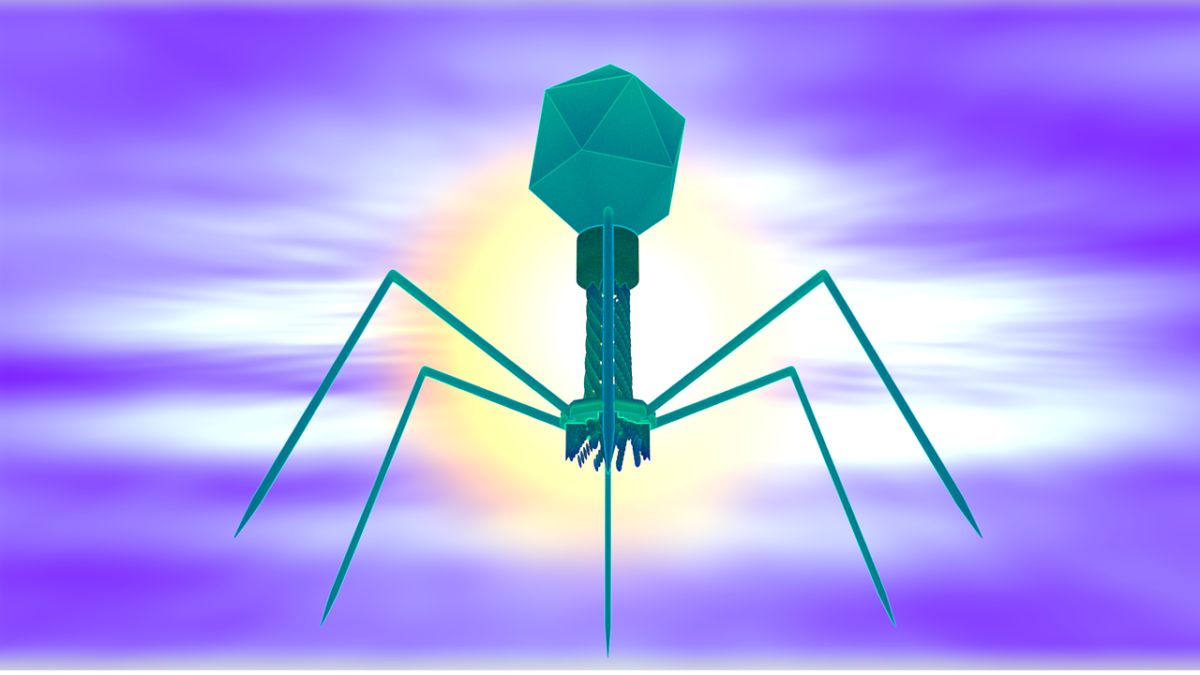
For the first time, researchers have successfully used bacteriophages—viruses that kill bacteria—to treat an antibiotic-resistant mycobacterial lung infection, clearing the way for a young National Jewish Health patient with cystic fibrosis to receive a life-saving lung transplant. The successful use of phages to treat a Mycobacterium abscessus lung infection was reported in a case study published today in the journal Cell.
"We had tried unsuccessfully for years to clear the mycobacterial infection with a variety of antibiotics," said Jerry Nick, MD, lead author on the study and director of the Adult Cystic Fibrosis Program at National Jewish Health. "When we used the bacteria's own natural enemies, we were able to clear the infection which resulted in a successful lung transplant."
"I am so grateful for the effort, persistence and creativity of all the people who were involved in my treatment," said Jarrod Johnson, recipient of the lung transplant. "I thought I was going to die. They have literally saved my life."
Cystic fibrosis is an inherited disease that causes a buildup of thick mucus in the lungs, leading to repeated bacterial infections that damage the lungs and can cause respiratory failure. Although new treatments have greatly improved the prognosis for people with cystic fibrosis, life expectancy still remains significantly reduced.
Read more...







